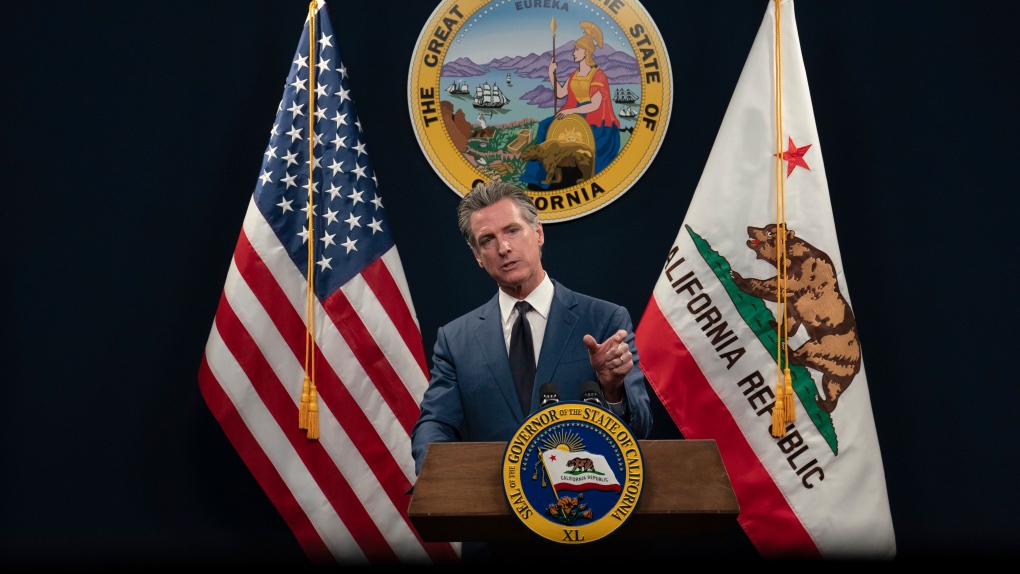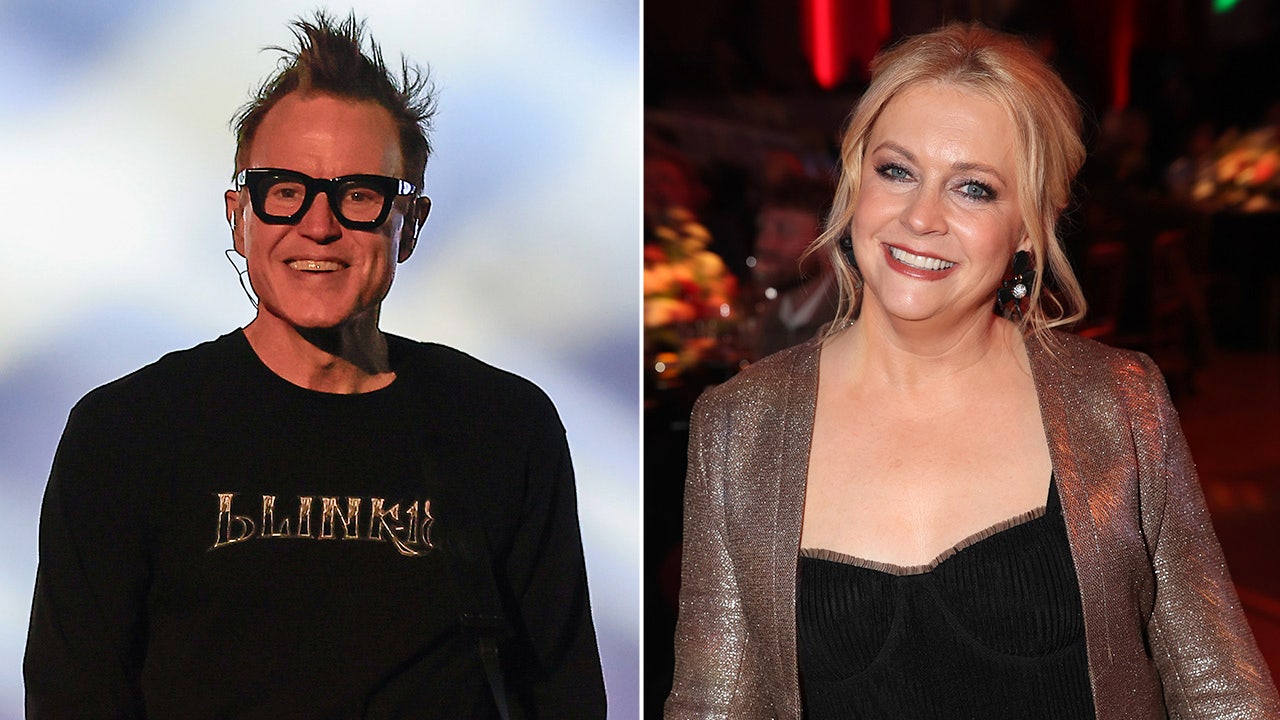It declared that “for the safety of all”, access to the places where the opening ceremony would take place was regulated from July 18.
It urged “local residents, employees, merchants, hotel or restaurant customers” to submit a request for a QR code because come the Games, the police would request the code along with identity documents from anyone trying to enter the security perimeter.
An artist’s impression of what the opening ceremony of the Paris Games will look like.Credit: Reuters
That this was deemed suitable for an “extreme alert” to be beamed to the phone of an anonymous visitor in mid-May, two months before the Games are to begin, suggests just how seriously the French authorities are approaching the matter of security during the upcoming Olympics.
How they singled out my phone will forever remain a mystery. Were they targeting hotel and restaurant customers from far-flung parts of the world? Was it some sort of cosmic joke designed to alarm anyone enjoying a cocktail on a soft Parisian evening?
Security at the Games is, of course, no joke at all.
Paris, for a very long time among the world’s most popular cities for tourism, is expecting more than 15 million visitors during the Games in July. Having just spent time in Paris during what is supposed to be the easy-going “shoulder” season for tourists, it is difficult to imagine the city accommodating millions more in high summer.
Attempting to stroll to popular tourist areas like the Eiffel Tower, the Louvre, or the Notre Dame (still being rebuilt after its fire five years ago) proved to be much more suffocating than on any previous trip to Paris. There were periods when it was next to impossible to move.
The Games opening ceremony, then, seems likely to be a particularly challenging affair. It is not confined to a stadium, which has been the case for every Games of the modern era. The French, as everyone knows, do things differently.
The opening of the Paris Olympics is to be strung along the Seine, the celebrated river that flows clear through the city of light.
Loading
Athletes from the world’s nations are to sail on boats along a six-kilometre section of the river, their voyages ending between the Eiffel Tower on the left bank and the Trocadero on the right, where the ceremony itself will take place.
Seating for 100,000 is being erected riverside, requiring tickets that range from €90 ($147) for positions at the beginning of the parade to €2700 ($4415) for prime spots near the Eiffel Tower and Trocadero.
Those fortunate enough to find a spot on the higher banks of the Seine – while, of course, bearing the right identity documents and QR code – can watch the whole thing for free.
All very “Liberté, Egalité, Fraternité“, the motto from the Age of Enlightenment written into the French Republic’s Constitution.
In early planning, it was anticipated 650,000 people would have the liberty of watching the parade from the banks of the Seine.

A visualisation of the Paris 2024 Olympic Games opening ceremony.Credit: Reuters
The task of securing such a crowd in this post-Age of Enlightenment was soon enough recognised as implausible, even with an army of police and military keeping order. The maximum crowd to be permitted at the opening event is now 350,000 – still a mighty number. Think of three-and-a-half capacity MCG crowds spilling along a riverbank.
The upshot is there will be about 45,000 security officials – police, military and private contractors – circulating during the opening ceremony alone.
Throughout the Games, 35,000 police officers and gendarmes, 18,000 military personnel and 2000 foreign police officers will be deployed. Add to this 22,000 private security agents.
Paris, determined to make this a sustainable Olympics, has resisted the urge to build new stadiums – 95 per cent of venues for sporting events, spread across the city and beyond, are existing buildings.

Spectator seating under construction for the Paris Olympics at Place de la Concorde.
The Seine itself, judged for a century too filthy for swimming, has undergone a multibillion-euro clean-up, and is to be used – assuming its E. coli count remains under control – for long-distance swimming events.
To say that Paris has set itself some serious challenges is an understatement.
And yet, this is a city that was rebuilt from the ground up in the second half of the 19th century, overseen by Emperor Napoleon III and undertaken by Baron Georges-Eugene Haussmann. It seemed an impossible task, yet it succeeded in creating what many believe is the most beautiful city on earth.
You can only wish the best for Paris’s Olympics, and hope for no more “extreme alerts”.
Get the day’s breaking news, entertainment ideas and a long read to enjoy. Sign up to receive our Evening Edition newsletter.




















Discussion about this post